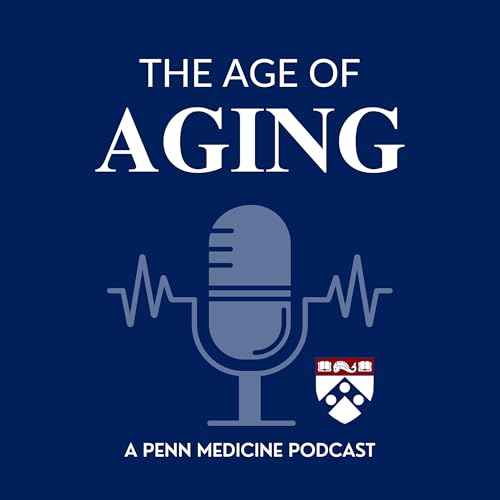-
サマリー
あらすじ・解説
Providing equitable aging research and care faces a major barrier: minorities that are disproportionately impacted by dementia are greatly underrepresented. Data shows that Black and African American individuals are twice as a likely to develop dementia. Hispanic and Latino populations are one and a half times as likely. At the core of this issue is what researchers call social and structural determinants of health (SSDOH). These are the ways our health is impacted by social factors in our environment, poverty, racism, and limited access to healthy food. Outreach is the central way research centers, such as those at the Penn Memory Center, attempt to address these disparities. Outreach coordinators attempt to establish ties with local communities, providing educational talks on aging as well encouraging members of the community to sign up for clinical trials. While important, much more is needed in order to overcome these disparities.
On this episode of the Age of Aging, we explore the disproportionality of dementia’s impact on underrepresented groups and how outreach efforts seek to address that.
We’ll first learn how PMC Outreach Coordinator, Morgann Adams works to establish ties with black and African American communities in Philadelphia. We will then hear from Dr. Eddie Lee about how social factors physically change a person’s brain as they age. Finally, Reverend Leroy Miles discusses the relationship between Enon Tabernacle Church and the Penn Memory Center and the aging needs of his community.
Resources
- Learn more about aging disparities in underrepresented groups.
- More on community outreach at PMC
- More information on the Aging Brain Cohort Dedicated to Diversity (ABCD2) Study.
- Read about the work of the Dr. Eddie Lee’s lab.
- Visit Enon Tabernacle Baptist Church’s website
Special thanks to Morgann Adams, Eddie Lee, MD, PhD, and Reverend Leroy Miles for being a part of this episode.
The Age of Aging is a Penn Memory Center production hosted by Editorial Director Terrence Casey and Producer Jake Johnson, in partnership with the Penn FTD Center, the Penn Institute on Aging, and UPenn’s Alzheimer’s Disease Research Center. Contributors include Nicolette Calcavecchia, Dalia Elsaid, Marie Ingegneri, Jason Karlawish, Emily Largent, Meg McCarthy, and Meaghan Sharp.



